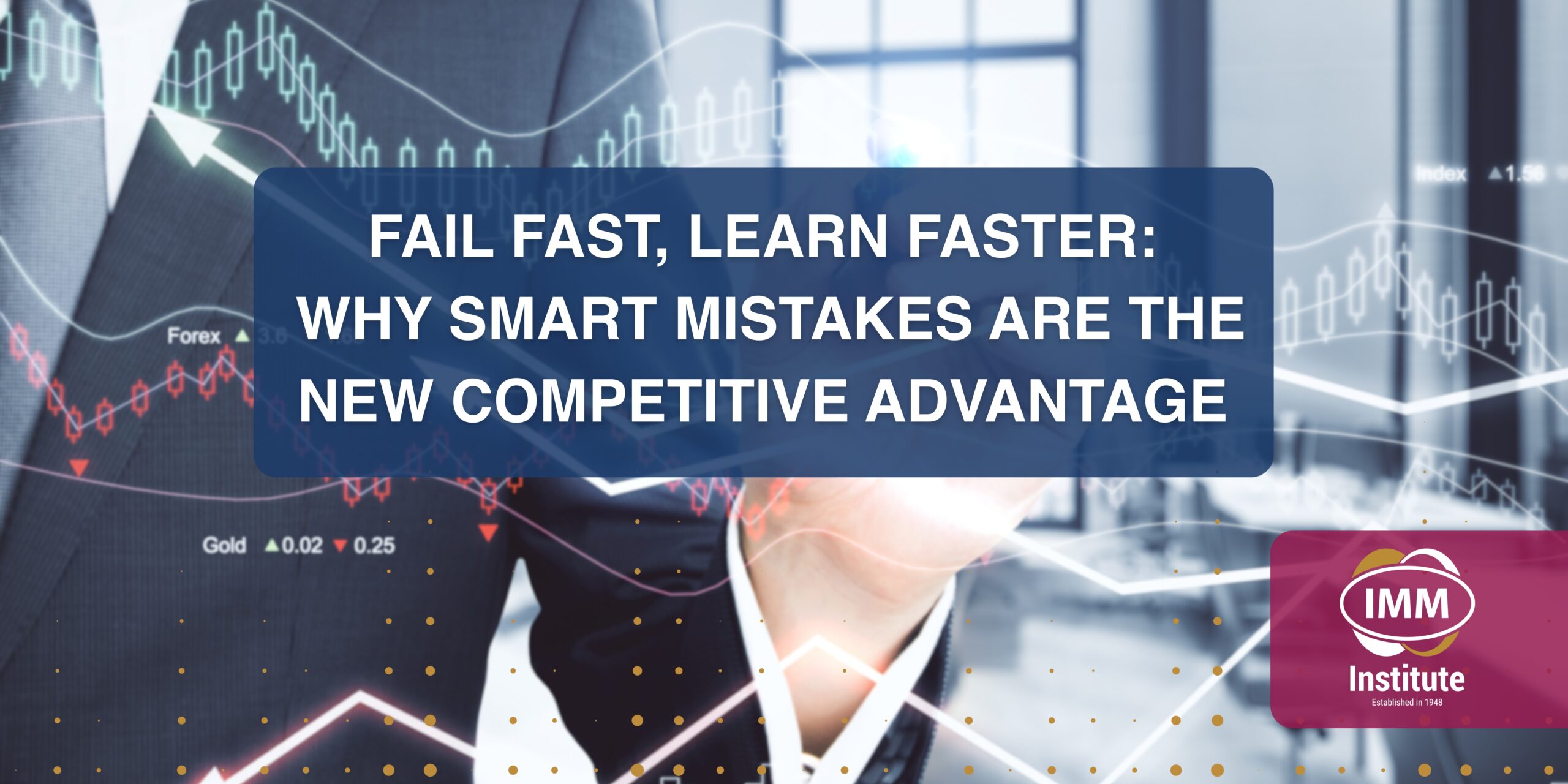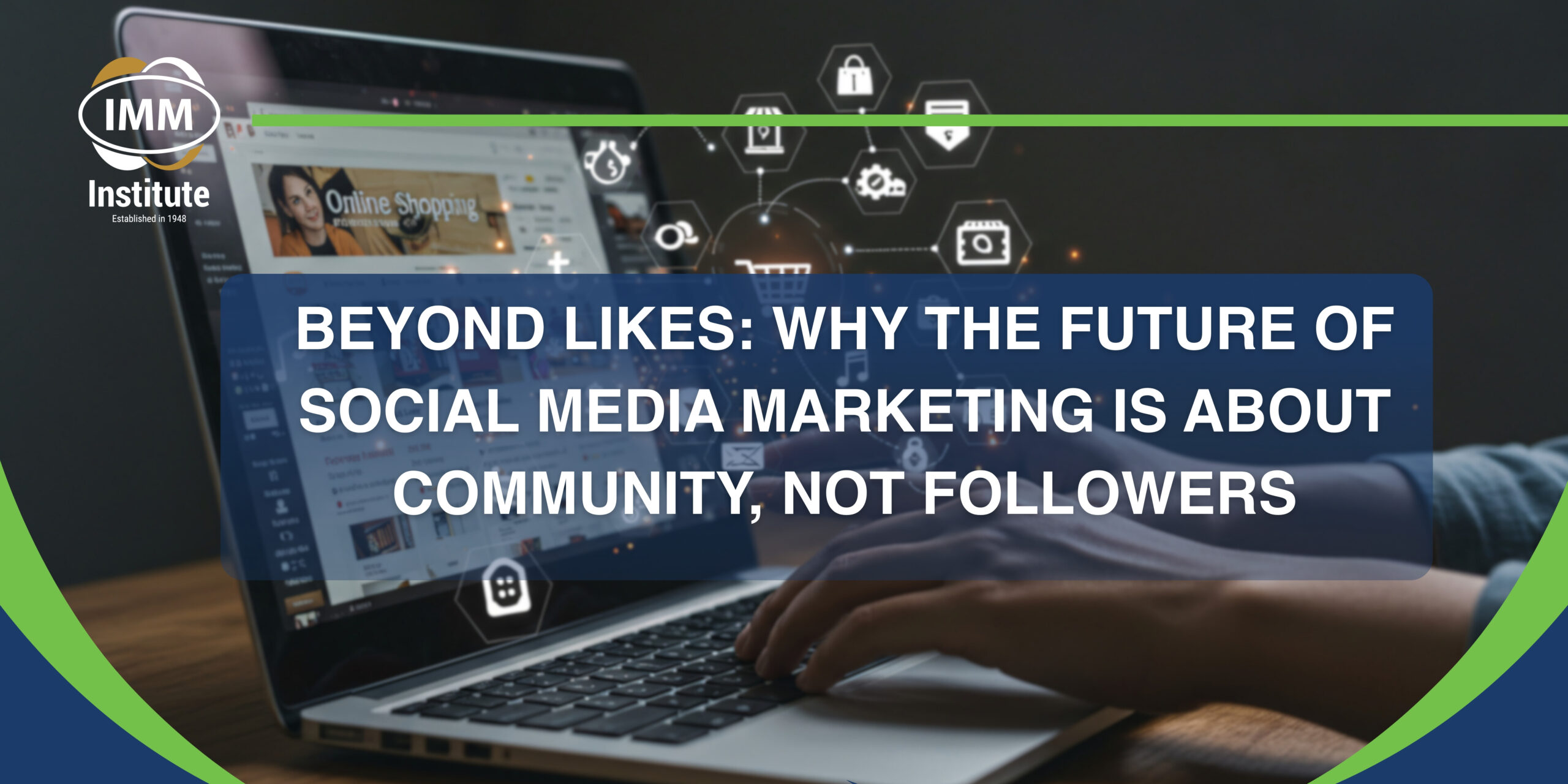The Psychology of Marketing
When it comes to marketing, discerning the intricacies of consumer behaviour isn’t merely a strategic edge but also the bedrock of effective campaigns. A profound comprehension of human psychology underpins each triumphant marketing campaign, resonant catchphrase, or entrancing product presentation. Marketing transcends mere commodification; it endeavours to penetrate the cognitive and emotive mind space of its clientele. Step into the enchanting realm of marketing psychology, where the choreography of marketing techniques and consumer engagement unfolds in an exquisite ballet.
At its essence, marketing epitomises the art of persuasion. The task at hand is to sway individuals into action, whether it entails making a purchase, subscribing to a service, or contributing monetarily. To achieve this end, marketers harness an array of psychological stratagems engineered to influence discernment.
The notion of social validation stands as a cornerstone amidst the psychological edifice employed within marketing spheres. As social creatures, humans habitually seek cues from their peers to navigate behavioural avenues. Thus, within the industry of marketing, the heralding of endorsements, appraisals, and testimonials emerges as pivotal. Witnessing commendations from others positions us towards esteeming and entrusting a given product or service.
Similarly, using scarcity techniques effectively taps into our fear of missing out, which is often abbreviated as FOMO. This feeling of urgency is triggered by limited time offers, exclusive deals, and the fear that the product might run out. It pushes us to act quickly so we don’t miss out on the opportunities presented. Marketers use this tactic to not only increase demand but also to boost sales.

The idea of reciprocity is one of the marketer’s most effective psychological tools. People are naturally inclined to return favours and charity. This explains why freebies, trials, and samples work so well in marketing. Marketers can instil a sense of obligation in customers by providing something of value for free, increasing the likelihood that they will return the favour by making a purchase.
Without addressing the importance of emotions, a discussion of the psychology of marketing would obviously fall short. Decision-making is heavily influenced by emotions, frequently overriding logical factors. Marketers are aware of this and leverage emotional appeals to establish rapport with customers. Emotions have the ability to significantly influence customer behaviour, whether it is through appealing to sentiments of excitement, fear, or nostalgia.
The idea of branding is closely tied to feelings. A brand is a sign of identity and values that goes beyond a logo or a product. Prominent brands elicit profound affective reactions from their clientele, gradually fostering allegiance and confidence. Marketers can influence consumers’ perceptions of their brand and, consequently, their purchasing decisions by using consistent message and visuals.

Moreover, pricing psychology is a major factor in customer behaviour. Research has indicated that consumers’ perceptions of value can be greatly influenced by the manner in which prices are displayed. For example, charging “charm prices” (prices with amounts that finish in 9) can provide the impression that you’re getting a better deal, even if the real price difference isn’t that big. Similarly, framing discounts as percentages rather than absolute values can make them appear more substantial.
Furthermore, the mere exposure effect argues that our inclination to appreciate something increases with familiarity. This explains why advertising uses repetition techniques so frequently. Marketers try to imprint their brands in our subconscious thoughts by constantly exposing us to their messaging, whether through billboards, internet advertisements, or TV commercials.

The Art of Selling Online Course by the IMM Institute
Are you intrigued by the intricate dance of marketing psychology and personal selling, where ideas and information flow between the customer and the salesperson? If so, the Art of Selling online course offered by the IMM Institute might just be the perfect fit for you.
This course delves deep into the art of selling as a career, emphasising the importance of verbal, non-verbal, and written communication in the sales process. Moreover, the course sheds light on the significance of sales knowledge and information acquisition from various sources, both formal and informal. Through this course, you’ll also gain invaluable insights into the latest technological advancements that can enhance your sales endeavours.
To sum up, marketing psychology is an intriguing discipline that explores the complexities of human behaviour. Through an awareness of the psychological concepts underlying consumer decision-making, marketers may design more persuasive advertising campaigns that connect with their target market. Marketing techniques aim to evoke our most primal urges and incentives, ranging from emotions and pricing to social proof and scarcity. The ever-changing dynamic between consumer behaviour and marketing methods shapes our perceptions of and interactions with the world around us.
















